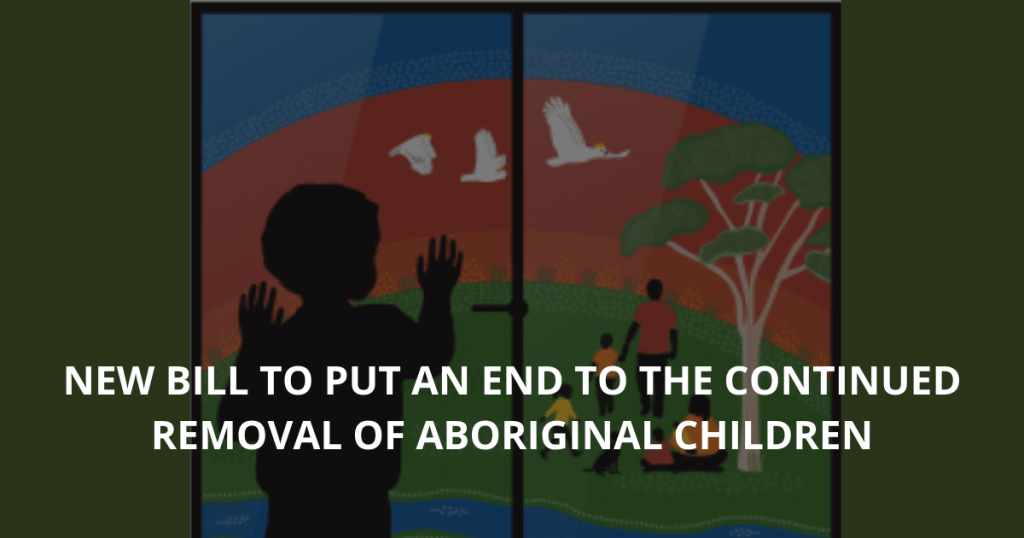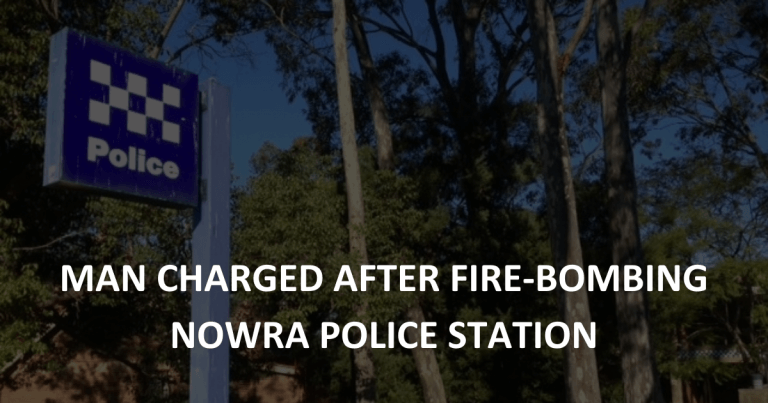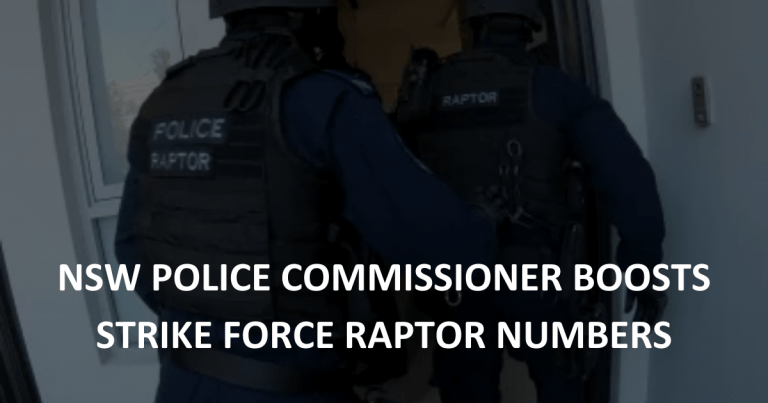Authorities are 11 times more likely to take Aboriginal children from their families than non-Aboriginal children. While most believe the stolen generation finished decades ago, the reality is that families are still suffering.
Today, the NSW Greens have announced a bill to prevent the continued systematic removal of First Nations children.
Family is culture
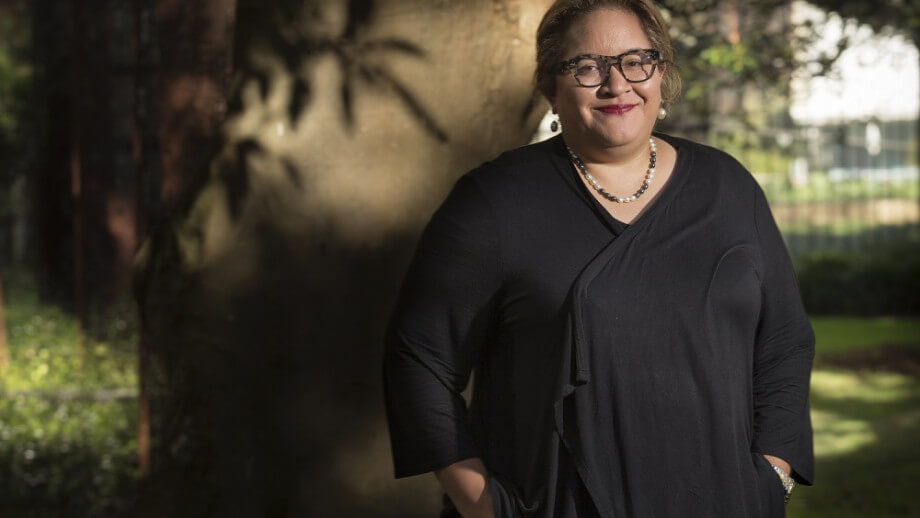
In 2016, the NSW Government commissioned an Independent Review of Aboriginal Children and Young People in Out of Home Care. The review delivered the report in October 2019, entitled the Family is Culture report. However, the government refused to even consider any legislative reforms before 2024.
The report by First Nations legal expert Professor Megan Davies found widespread systemic failings in the child protection system. She made a range of recommendations for essential legislative reform.
Those totalled 126 recommendations for systemic reform.
Greens MP David Shoebridge urged the government to act upon the recommendations as a matter of urgency.
“Two years ago Professor Megan Davis set out the changes that are needed to reverse the stolen generations in NSW, but the government refuses to act. This is a crisis and if the government will not act, the Parliament must,” Shoebridge stated.
“First Nations children are still being stolen from their families, their culture and Country, despite all the empty promises and tears from politicians.”
Family is Culture Review bill drafted
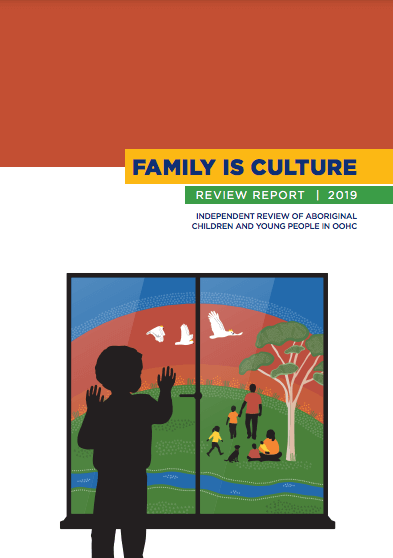
The Greens’ drafted the “Family is Culture Review” Bill with extensive involvement with stakeholders. It seeks to implement the 17 critical recommendations for law reform made by the report. This includes legislating for the right to self-determination. The report identified self-determination as a systemic failure in the existing framework. Consequently, the Bill:
- For the first time requires the principle of Aboriginal self-determination to guide all decisions about what is in the best interests of Aboriginal children.
- Mandates early-intervention and support to keep families together.
- Requires the Children’s Court to set out how it has applied the principle of self-determination.
- Enshrines a stronger mandate for Aboriginal Community Controlled Organisations in the child protection system. This includes:
- The Children’s Court must not make a final care order unless it expressly finds that the permanency plan has gotten approval by a recognised Aboriginal Community Controlled Organisation.
- The Court must hear from a community representative or an Aboriginal Community Controlled Organisation with a relevant connection to the community before making a care order.
- Holding government accountable. The Minister must table in Parliament a plan, with twice yearly updates, that sets out the actions taken to engage with First Nations people to negotiate and agree about implementation of programs and strategies that promote self-determination.
A ‘rigged’ system continues the Stolen Generation
Shoebridge says the system’s design means it manifestly impacts First Nations families more than their counterparts.
“The appalling rate of removal of Aboriginal children in NSW is an act of continuing violence against Aboriginal communities with child ‘welfare’ institutions that are not culturally safe for Aboriginal families.
“The system is rigged. Instead of working to keep families together and addressing systemic problems such as entrenched poverty and inadequate housing and health, it seems designed to take children away,” Shoebridge stated.
Stolen generation: sorry means you don’t do it again
The historic Bringing Them Home report in 1997 made 54 recommendations to address the continued practice of removals.
Thousands of Australians participated in the Sorry Book campaign. The campaign gained a reputation as ‘the people’s apology’ and culminated in the first National Sorry Day on 26 May 1998.
Consequently, the report ultimately led to the Australian Government’s historic National Apology. Prime Minister Kevin Rudd delivered the apologly in February 2008. Candles arranged on the lawn outside Parliament House blazed a promise: Sorry, The First Step.
However, 24 years on from the Bringing Them Home report, the removal of First Nations children continues at an alarming rate.
The Family is Culture report enforces the dire need to address the systemically discriminatory laws.
“The government’s own report found alarming failings yet it is refusing to change the law, instead condemning another generation of First Nations children to trauma and suffering – this is worse than negligence because we know the lasting damage this is causing,” Shoebridge stated.
In conclusion, Shoebridge says, “Aboriginal communities know what is best for their children and they are determined to keep families together, to raise their children on Country and within culture. But the system is against them.”


